In 1676, Sir Isaac Newton wrote to Robert Hooke about making scientific progress and said “if I have seen further, it is by standing on ye shoulders of giants”. This wonderful quote did not originate with Newton but it reflects a great truth for everyone engaged in making progress and creating real change. In my work, that change is focused on identifying innovative housing solutions that tackle some of the most pressing social, economic and environmental challenges around the world. No matter what we do in our work, if we are making progress, and are truly “seeing further” it is often because of all those who have contributed to our work, providing inspiration and practical support.
In my new role at World Habitat, as Programme Manager for knowledge development, I am building on the legacy of World Habitat’s housing research and working with people around the world that I consider giants. These generous giants are the people and communities who have created and improved housing in the most challenging of circumstance. They are also willing to share their hard won experiences, to lift up other communities who face the same challenges in tackling poor housing, and creating homes for people who are currently homeless.
As powerfully expressed by Peter Elderfield, founder of World Habitat:
“..it is easy to despair and feel that the crisis of housing and homelessness is overwhelming but the World Habitat Award winners and finalists give us hope. They show the best of human spirit in the struggle for a decent, sustainable home and the community for everyone”
Over the last 30 years World Habitat has worked with 256 award winners and finalists of the World Habitat Awards, from over 80 countries. Each project represents an innovative solution to the many problems in the world of housing and can be found on our website. World Habitat is now 40 years old and as part of our anniversary work, we will be updating the information we hold on World Habitat Awards projects and I will be using future blogs to share some of the more recent stories from our network.
In my first three months with World Habitat, I have also been working my way through some of the 150 housing publications that World Habitat has produced. Looking at World Habitat’s archives has been fascinating, demonstrating how far things have move on in 40 years but also how we are still grappling with the same problems. One of my favourite pieces so far, is the first research commissioned by World Habitat, into the design and operation of a self-sustainable co-operative village. Reflecting a movement to look at alternative ways of living, the work included plans for new homes and community buildings as part of a green revolution – with detailed plans to utilise solar, wind, heat and a very memorable methane cycle drawing. As with many of the research papers produced since, it was written to be a practical guide giving detailed information about why the village was needed and how it could be achieved.
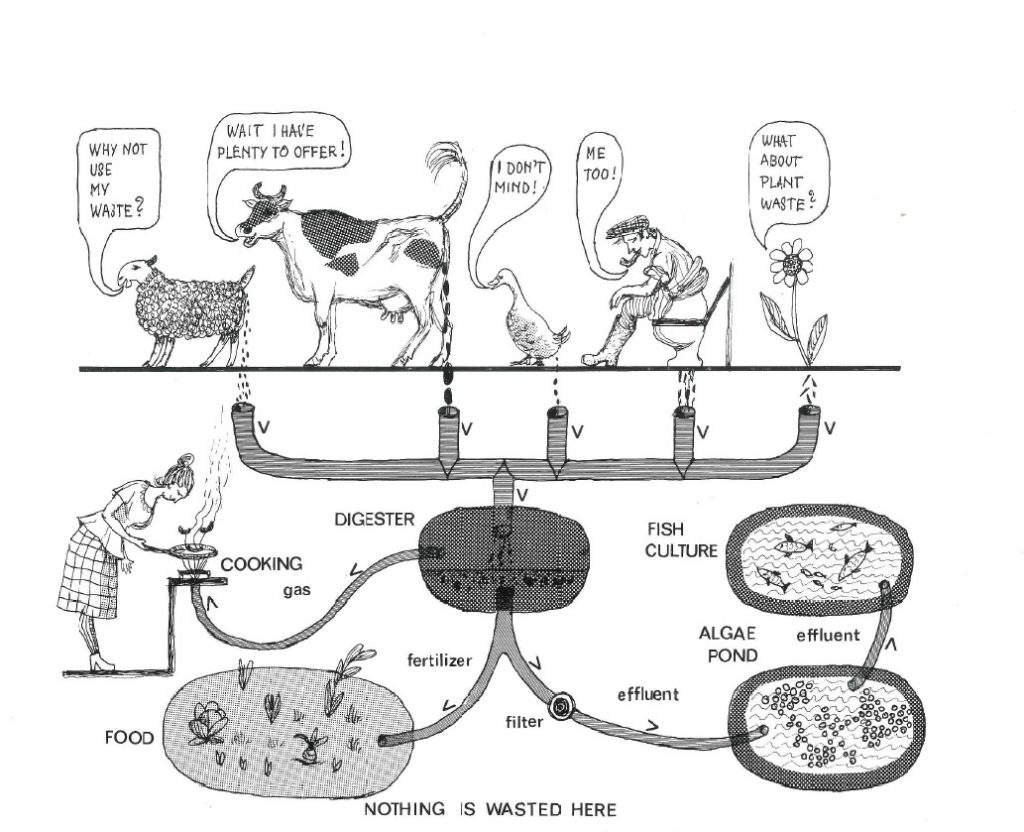
Other publications show how even in the most difficult and seemingly hopeless situations, people have found ways to safeguard their homes and protect their communities and are keen to share this knowledge to benefit others. For example, at a time when forced evictions were increasing dramatically worldwide, with devastating effects, World Habitat led the way in bringing together people to find workable solutions. In 2010 World Habitat worked across 8 countries to identify examples of good practice in response to forced evictions and organised an international exchange in Istanbul for people with direct experience and expertise. The resulting report, “How People Face Evictions: Lessons from people-led initiatives” brought together the practical experiences and strategies of communities successfully resisting forced evictions to be used by other communities at risk.
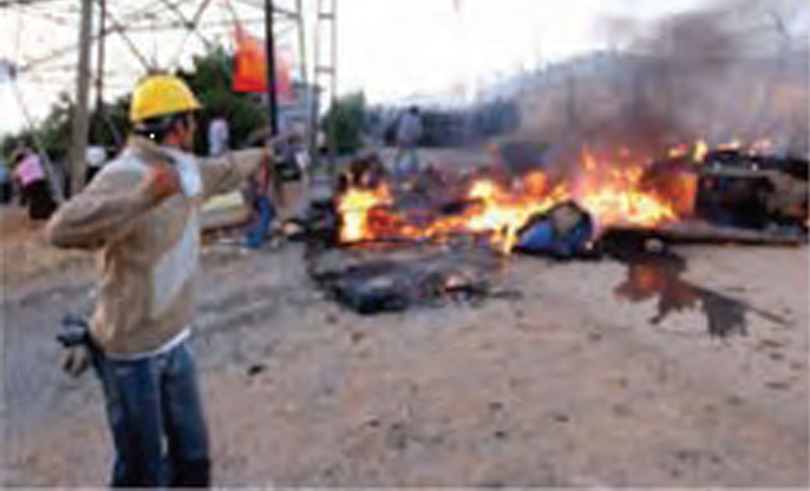

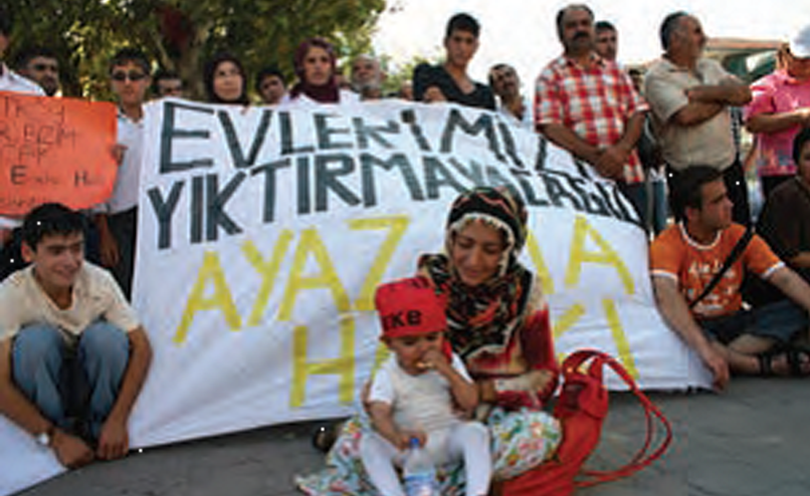
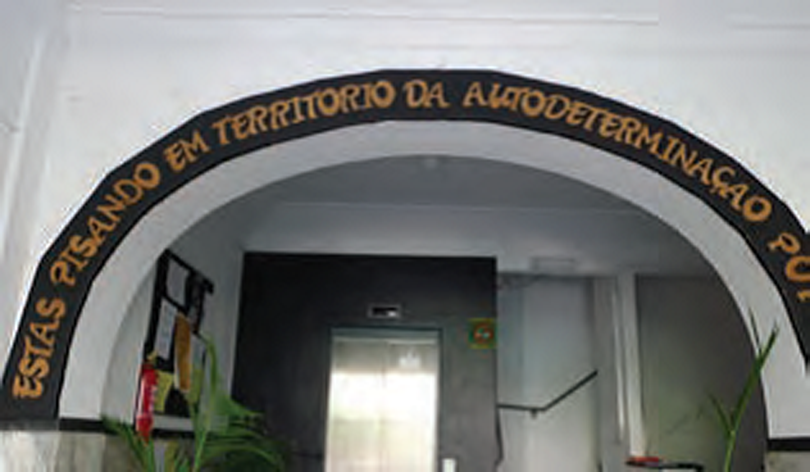
At a time when the challenge to provide decent housing for all becomes even more urgent, the importance of bringing people together to share their experiences and work together, cannot be understated. Through our peer exchange programme, World Habitat provides opportunities to do this but I would be really interested in hearing about other ideas that would enable people to come together, providing practical support and inspiration so that we can all “see further” along the road to decent homes for everyone. You can contact me Louise.Winterburn[at]www.world-habitat.org.






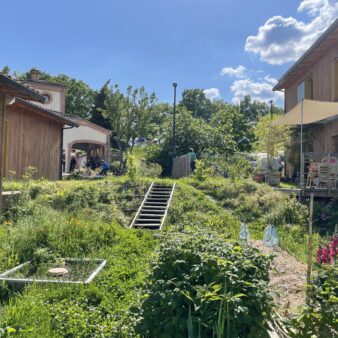
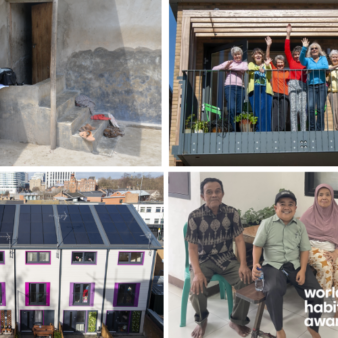
Join the discussion